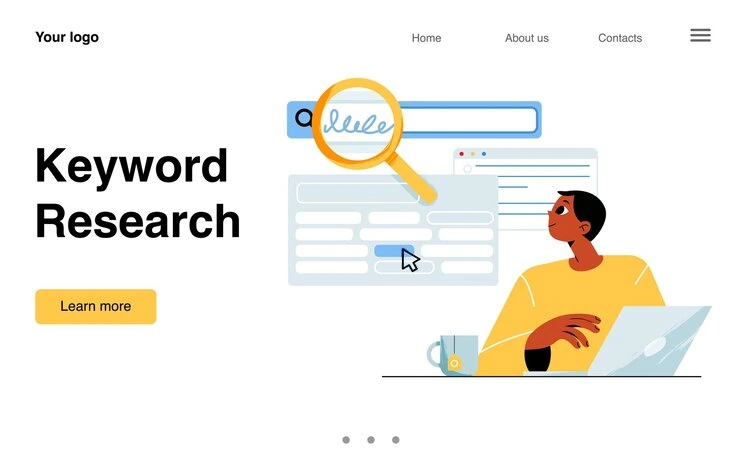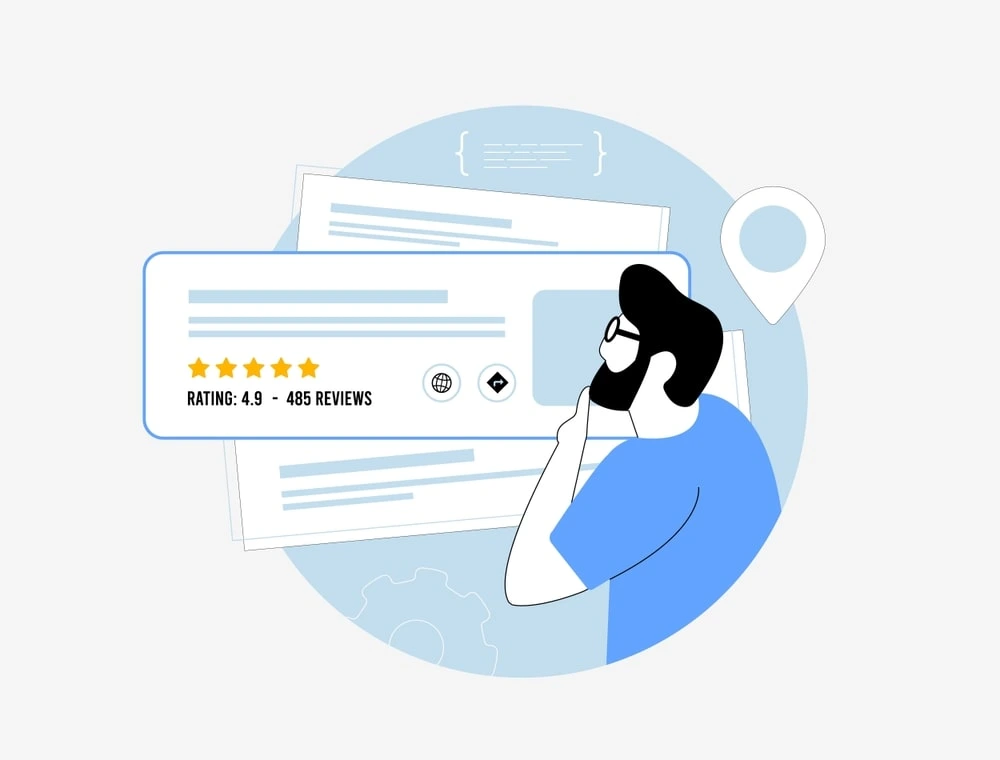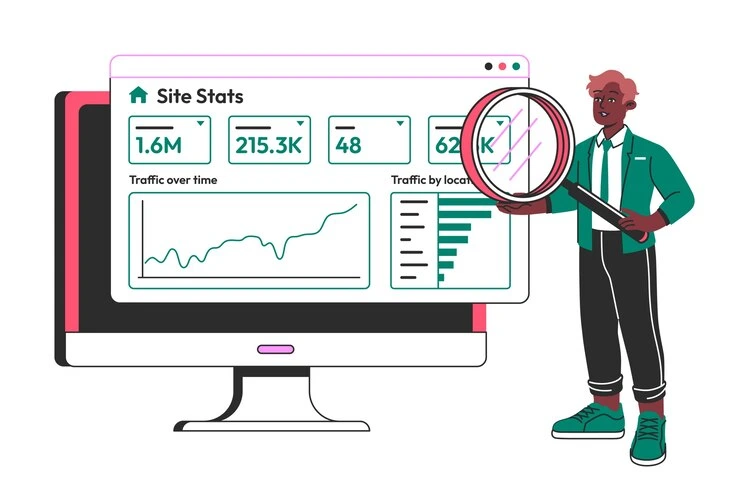
Identify high-performing keywords that your audience is searching for. By targeting relevant and strategic keywords, your website gains visibility, ranks higher in search results, and attracts quality traffic.
Effective keyword research is foundational to understanding user intent and ensuring your content aligns with what your customers are actively searching for online.
Analyze your competitors' SEO strategies, uncovering their strengths, weaknesses, and opportunities for growth. Study their keywords, backlinks, and content performance to identify gaps and gain a competitive edge.
Competitor analysis helps refine your strategy, ensuring you stay ahead in your industry while leveraging insights to attract more traffic and leads.


Optimize individual pages on your website to improve search engine rankings. This includes refining title tags, meta descriptions, headers, and URLs.
By aligning on-page elements with targeted keywords, you enhance your site’s relevance, improve user experience, and increase the likelihood of achieving higher rankings for important search queries.
Ensure your website is search-engine-friendly by identifying and fixing backend issues such as crawl errors, broken links, and slow loading times.
A technical SEO audit ensures optimal performance, helping search engines index your site effectively while improving usability and delivering a seamless experience for users and search bots alike.


Adapt your website to deliver a seamless experience across all mobile devices. Mobile optimization involves responsive design, fast loading speeds, and user-friendly navigation.
With a growing percentage of searches happening on smartphones, ensuring your website performs well on mobile is critical for rankings and user engagement.
Maximize your online presence within your local community. Optimize your Google Business Profile, manage local citations, and target location-specific keywords to attract nearby customers.
Local SEO boosts visibility in local searches and helps small businesses connect with customers looking for services in their area.


Revamp existing website content to better align with search intent and targeted keywords. Content optimization enhances relevance, improves readability, and boosts rankings.
Whether updating blogs, service pages, or product descriptions, this activity ensures your content engages users and satisfies search engine algorithms for organic success.
Strengthen your website's authority by acquiring high-quality backlinks from reputable websites. Link building improves your domain authority and search rankings, making your site more trustworthy to search engines.
A robust backlink profile is key to building credibility and driving referral traffic to your website.


Create engaging, original content that aligns with targeted keywords and user intent. SEO-friendly content—like blogs, articles, and service pages—provides value to your audience while enhancing rankings.
This strategy positions your business as an industry authority, driving traffic and increasing conversions through high-quality, relevant information.
Improve your website's performance by optimizing images for speed and accessibility. This includes compressing file sizes, adding descriptive alt text, and using appropriate file names.
Optimized images not only enhance loading speeds but also improve SEO rankings and ensure visually impaired users can navigate your site effectively.


Develop a strategic internal linking network that guides users and search engines through your website.
Internal linking distributes link equity, improves navigation, and encourages visitors to explore more content. This activity enhances user engagement while boosting the authority of important pages for better rankings.
Use structured data to provide search engines with additional context about your website. Schema markup enables rich search results, such as star ratings and FAQs, which increase click-through rates.
By enhancing your website's visibility in search results, this activity drives traffic and improves user engagement.


Enhance your website's loading speed to improve user experience and rankings. This involves compressing files, reducing server response times, and optimizing scripts.
Fast-loading websites not only rank better in search engines but also keep users engaged, reducing bounce rates and increasing conversions.
Track and measure your website's performance with tools like Google Analytics. Analytics setup provides insights into traffic, user behavior, and campaign success.
With detailed reporting, you can identify what works, make informed decisions, and continuously refine your SEO strategy for maximum results.


Stay informed with transparent, in-depth reports on your website's SEO performance. Monthly SEO reports cover traffic metrics, rankings, and backlink profiles, offering insights into progress and areas for improvement.
These reports ensure accountability and provide actionable data to keep your SEO strategy on track.
Adapt to evolving search engine algorithms and market trends with ongoing optimization. Continuous SEO efforts ensure your website remains competitive, maintains rankings, and consistently delivers value to users.
Regular updates and tweaks help sustain long-term success in an ever-changing digital landscape.
